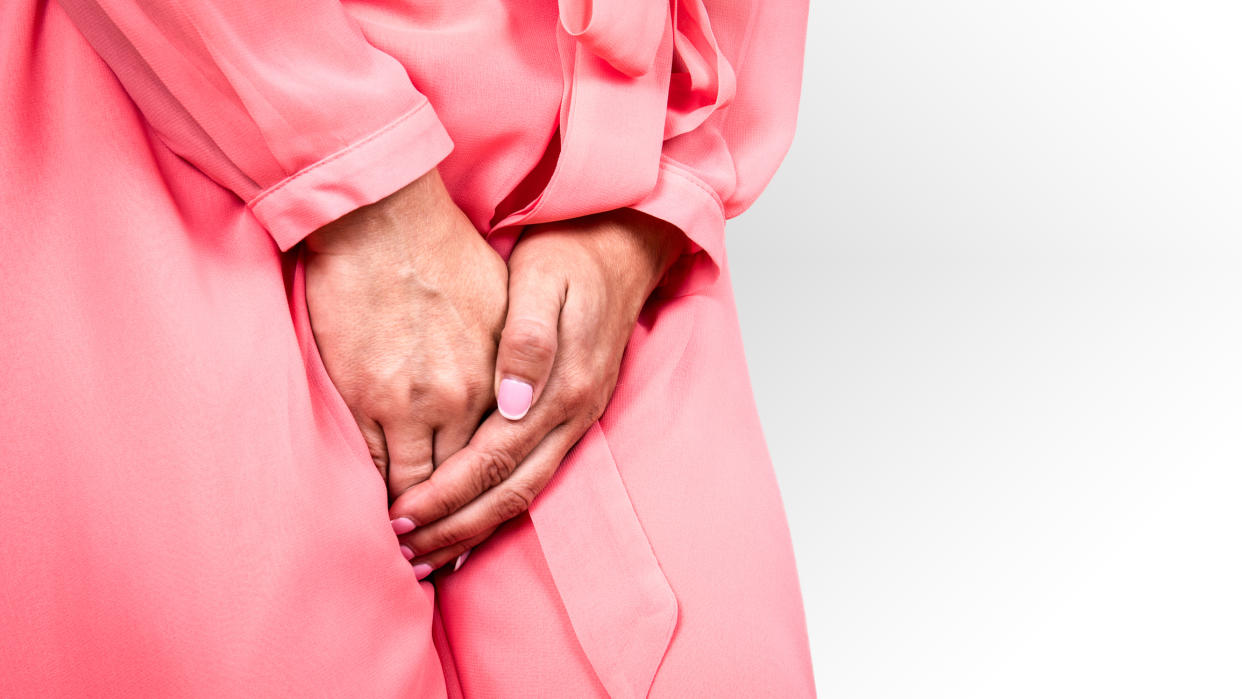Why do we need to pee more in winter?

The winter's cold weather brings with it a number of inconveniences, like having to de-ice your windscreen for a start, but have you ever noticed that as the temperature drops your trips to the toilet seem to increase?
So is it just a curious coincidence or do we actually need to pee more when we’re cold?
Read more: 23 ways to stay warm without turning on the heating this winter
Why do we need to pee more in winter?
Turns out, there’s a proper bonafide medical reason that some people spend more time in the loo when the mercury falls.
"When it is cold, our bodies work to conserve warmth by constricting our blood vessels, to keep our hands and feet warm. As our kidneys work to filter out the excess fluid, we end up having to pass urine more frequently," says Dr. Hana Patel, GP specialist in women's health.
This, she explains, is called 'cold diuresis'.
But is this safe or can it lead to problems? "Cold diuresis is your body's way of preserving heat when it starts to experience a drop in temperature. Ultimately, your body starts to think that it may be in danger of hypothermia if continued long-term," Dr Patel adds.
Thankfully, in most circumstances cold diuresis is not dangerous, but it can affect the balance of salt, water, and minerals in our bodies, which in certain cases could lead to conditions such as hyponatraemia (low level of sodium in the blood), hyperkalemia (high levels of potassium) and hypokalemia (low levels of potassium).
How can we manage needing to pee more in winter?
You might think it's better to resist the urge to pee when it's more frequent, or you simply can't be bothered to make another trip to the toilet, but you might want to think again.
"We should try and pass urine when our brain signals to us that our bodies need to, as avoiding doing so can lead to urine infections and bladder issues," urges Dr Patel.
We also don't want to confuse our brain, and make us less able to pick up on when we need to go. That wouldn't be good.
And do we need to prevent it from happening in the first place? "It's a natural response to the body maintaining warmth as explained above, but if it bothers you, then you might be able to limit how much you drink and use the toilet before going into a cold environment," she says.
Of course, dehydration can still occur in winter, so this would only be sticking to the recommended amount of six-eight glasses of fluid a day, rather than exceeding it.
Read more: Do tea and coffee count towards daily water intake? How to stay hydrated in winter

It's not just your body that could be affected by an overactive bladder in the winter – your energy bill could be impacted, too. By continuously flushing the chain after every toilet stop, the costs for your water usage will start to stack up.
"If you’re one of the people who experience cold diuresis, you’re unlikely to notice a higher water bill just because you’re flushing the loo more regularly. But if you employ a hundred people, it could be the reason you’re seeing a spike in your energy bill," Phil Foster from energy-saving comparison site Love Energy Savings, previously warned.
Thankfully, you can also try to prevent cold diuresis by wrapping up warm and trying to avoid standing outside for long periods of time. Interestingly, one study from more than 60 years ago revealed that exercising moderately while exposed to the cold could also help to ward off cold diuresis.
So, needing to pee more in winter is totally normal, but might just be something to keep an eye on.
Watch: Peeing in shower is bad habit, says TikTok doctor


